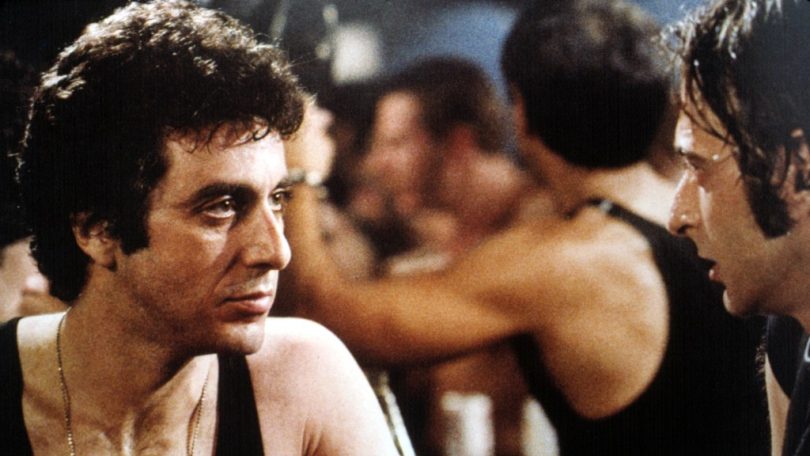Nearly 45 years ago, Al Pacino knew his controversial 1980 film Cruising wouldn’t age well.
In his new memoir Sonny Boy, the Oscar winner admitted he found the movie “exploitative” to the LGBTQ community upon its release, revealing that he donated his pay from the William Friedkin-helmed film to various charities.
He explained he was interested in “pushing the envelope” but the project “became very controversial during its production” with protesters at set “almost every day,” concerned the film would depict the LGBTQ community in a negative light, according to People.
Loosely based on the 1970 Gerald Walker novel, Cruising stars Pacino as Detective Steve Burns, who goes undercover in New York City’s S&M bars to catch a serial killer that’s viciously murdering the city’s gay men.
Watch on Deadline
Pacino found Cruising “exploitative” once it was released in 1980, and he ultimately “remained quiet” instead of promoting the film.
Al Pacino in Cruising (1980). (United Artists/Courtesy Everett Collection)
“I took the money, and it was a lot, and I put it in an irrevocable trust fund,” he explained. “I gave it to charities, and with the interest, it was able to last a couple of decades. I don’t know if it eased my conscience, but at least the money did some good.”
The actor noted he “didn’t want to make it a PR stunt. I just wanted one positive thing to come out of that whole experience.”
Friedkin, who died at age 87 last year, previously admitted Cruising “was not the best foot forward for the gay rights movement, but I never intended the film to be critical of gays” as he spoke to The Wrap in 2013.
“I just thought the S&M world would make a good backdrop for a murder mystery, but I did not in any way mean for it to reflect the gay lifestyle,” explained Friedkin. “I understood at the time that people who were trying to achieve gay rights were not going to appreciate such a tough picture. It’s still very tough, very hard edged and ambiguous.”







